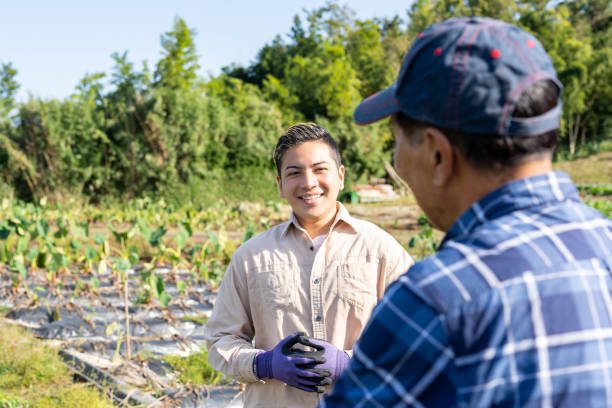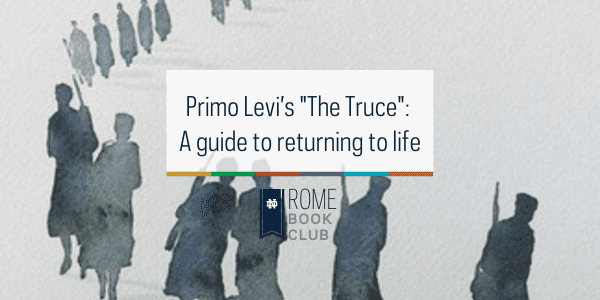Top 10 Learning Moments
- Entrepreneurship is empowerment and transformation. It has the power for the poor to create and transform aspects of life as broad as markets to an individual as their own future and families. This empowerment transformation perspective on entrepreneurship can lead to viewing it as a solution for poverty.
- Entrepreneurship is empowerment and transformation. The idea that the poor can create their own futures, their own jobs, their own identity, their own wealth…. Entrepreneurship can transform markets…. It can transform business practices, industries. It can certainly, from a human development standpoint, transform oneself, one’s family, one’s community. — Michael Morris
- Poverty is a multidimensional problem. In terms of entrepreneurship as a solution, the factors that work against someone in poverty who is trying to start a venture can be divided into four categories, which together constitute the Liability of Poorness. These four categories are literacy gaps, a scarcity mindset, intense non-business pressures, and a lack of safety net. This Liability of Poorness affects everything.
- We need to educate people about how to create their own job. And that’s why since then I realized entrepreneurship, this is the tool. This is the instrument we can capitalize on to change people’s mindset and to bring this change to Haiti. — Rock Andre
- This Liability of Poorness affects everything; from my ability to adopt the entrepreneurial mindset and to plan. It affects the kind of venture I start. It affects something we call your opportunity horizon, the kind of opportunities you’re able to see, the kind of resources you’re able to access. — Michael Morris
- Socially responsible businesses must have a system-wide view. The private sector has often separated the different aspects of social responsibility, including the environmental and social, without realizing how interconnected they are. In order to address any part of sustainability, one must focus on the system as whole and how fully integrated it is.
- When we define socially responsible business, it has to be a system-wide view. And I think what the private sector has perhaps not always focused on is the sort of fully integrated vision. It’s been very siloed. — Kim Almeida
- My definition of sustainability is that we have to build a better world in our daily decisions and actions, all the days, all the time. Focus on the three things: the economic, the environmental, and the social…. How can you balance the three and help to build a better world. — Gustavo Perez Berlanga
- The supply chains of the world are invisible to most people. The human right abuses in them are invisible. This applies to almost everything, as everything is connected. If people understand their part in this system, the interconnectedness of it, and its potential in building a better world, there can be positive change.
- People’s fundamental work experience matters. If the workplace has a culture of trust, respect, and fairness, which includes manageable workloads and supportive supervisors, it creates a more productive and loyal workforce.
Interested in learning more?
This series is hosted by ThinkND, the University of Notre Dame’s online learning community that connects you with videos, podcasts, articles, courses, and other resources to inspire minds and spark conversations on everything from faith and politics to science, technology, and your career.
Featured Speakers
Michael Morris, Professor of the Practice, McKenna Center for Human Development and Global Business
Melissa Paulsen, Associate Director, Entrepreneurship and Education Programs, Pulte Institute for Global Development; Assistant Professor of the Practice, Keough School of Global Affairs
Rock André, Founder and CEO, CEDEL HAITI
Kimberly Almeida, Director, Worker Well-being, Levi Strauss Foundation
Frank J. Belatti, Managing Partner, Equicorp Partners, LLC
Gustavo Pérez Berlanga, Director of Social Responsibility, Gigante Restaurant Group
“We need to educate people about how to create their own job. And that’s why since then I realized entrepreneurship, this is the tool. This is the instrument we can capitalize on to change people’s mindset and to bring this change to Haiti.”
– Rock Andre





